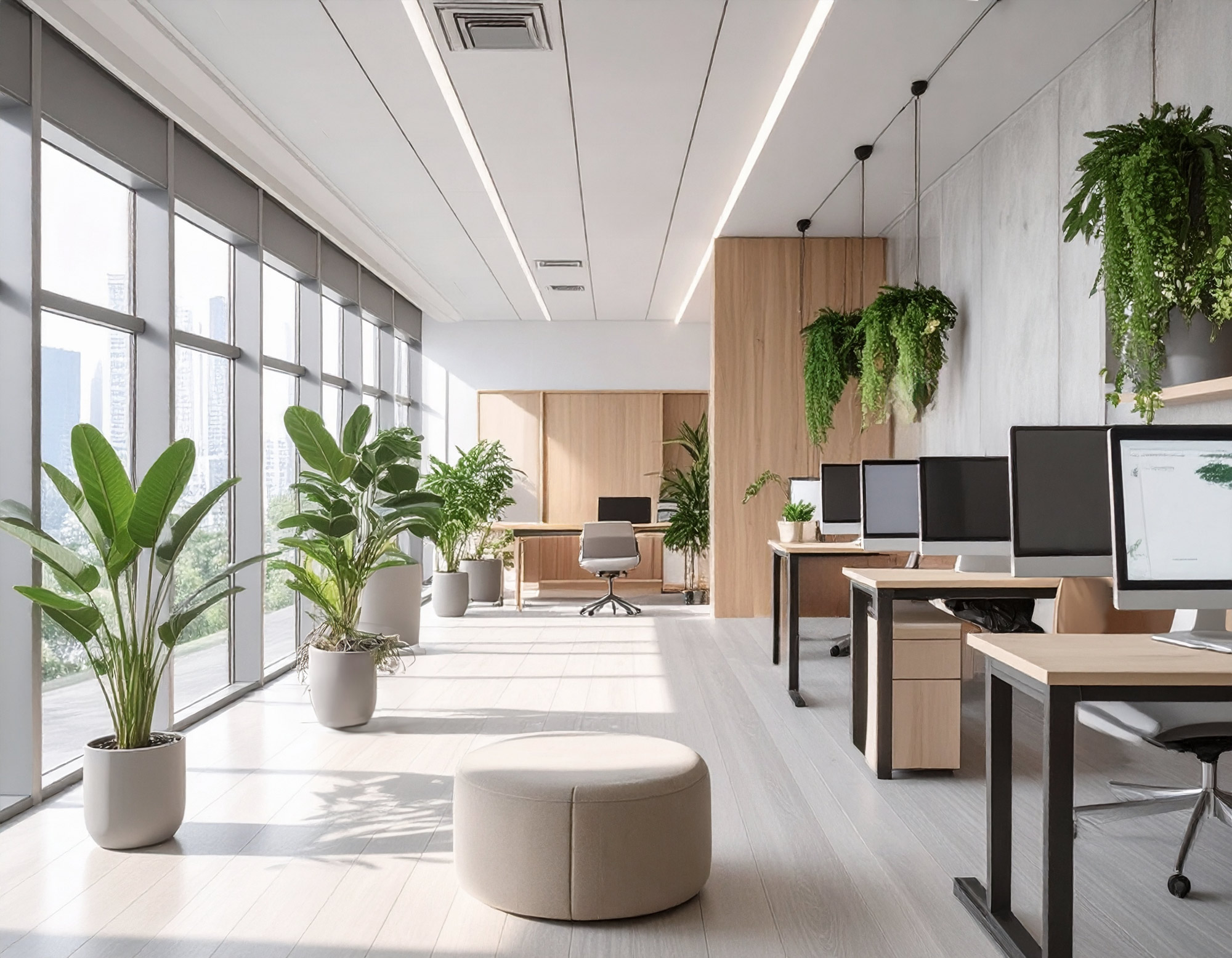Hybrid working: Is the model already dead or our future?

The pandemic has forced us to work from home. Many love it, some hate it. I personally belong to the first group. But more and more companies are putting pressure on employees with return-to-office policies.The reasons: social isolation, a weakening corporate culture, and declining performance. (Harvard Business Review)
But is that really true or is hybrid working an opportunity for the future?
Why “back to the office” is not a solution
Major companies like Amazon, UPS, Boeing, Walmart, and JP Morgan Chase are demanding a return to the office, five days a week, eight hours a day.
The reality: Many companies have reduced office space and can no longer accommodate all of their employees. Those who force a return risk frustration, high turnover, and poor performance. (Gartner HR Research)
"Back to the office" sounds like control, not a modern work culture.
Hybrid working has demonstrable benefits
A return to the old model means stagnation instead of progress. Studies clearly demonstrate the advantages of hybrid work models:
- Better work-life balance. (Cisco Study)
- Less stress and more time for health and social life. (IWG-Study)
- Resource savings and cost reduction (commuting, office space). (The Hybrid Cost Saver)
A pure "return-to-office" policy, on the other hand, creates additional costs and leads to crowded open-plan offices and flex desks, which, according to studies, are the most unpopular workplaces of all. (OST, 9)
What companies should do instead
Hybrid working is not a ready-made recipe, but a learning process. Successful companies continuously develop their models through:
- Prototyping & Testing – small experiments instead of rigid rules.
- Employee surveys – anonymously and honestly to understand real needs.
- Individual solutions – because there is no “one-size-fits-all” strategy.
Those who really listen create a work culture that truly strengthens motivation and performance.
Rethinking office design: Is this what the office of the future looks like?
The office of tomorrow is not a place where presence is compulsory, but a place for collaboration, culture and ideas.
- For creativity & innovation: open spaces for exchange and brainstorming
- For training & mentoring: space for small working groups with a communicative setting
- For focus & implementation: quiet zones, focus rooms or home office
- For culture & belonging: places to meet and for activities without pressure to perform
Perhaps the office of the future will no longer even need traditional desks. It will become a motivational and cultural center, while the home office remains the basis for focused work.
Conclusion: Hybrid working has a future if we design it correctly
Hybrid working is not a dying breed, but an opportunity. It requires courage to develop new structures and the will to find the right rhythm for companies and employees.
DO YOU WANT TO MAKE IT WORK?
lisannco Interior Design supports you in developing spaces and systems that optimally facilitate hybrid working. For motivated teams, increased performance, and a sustainable work culture.


